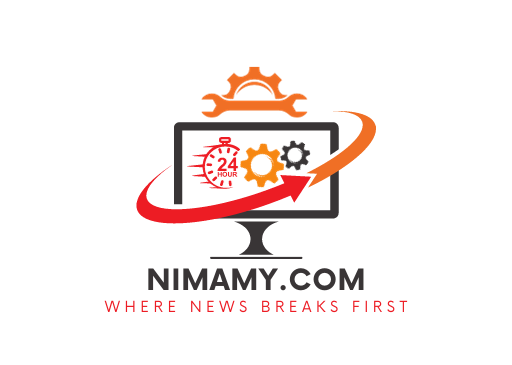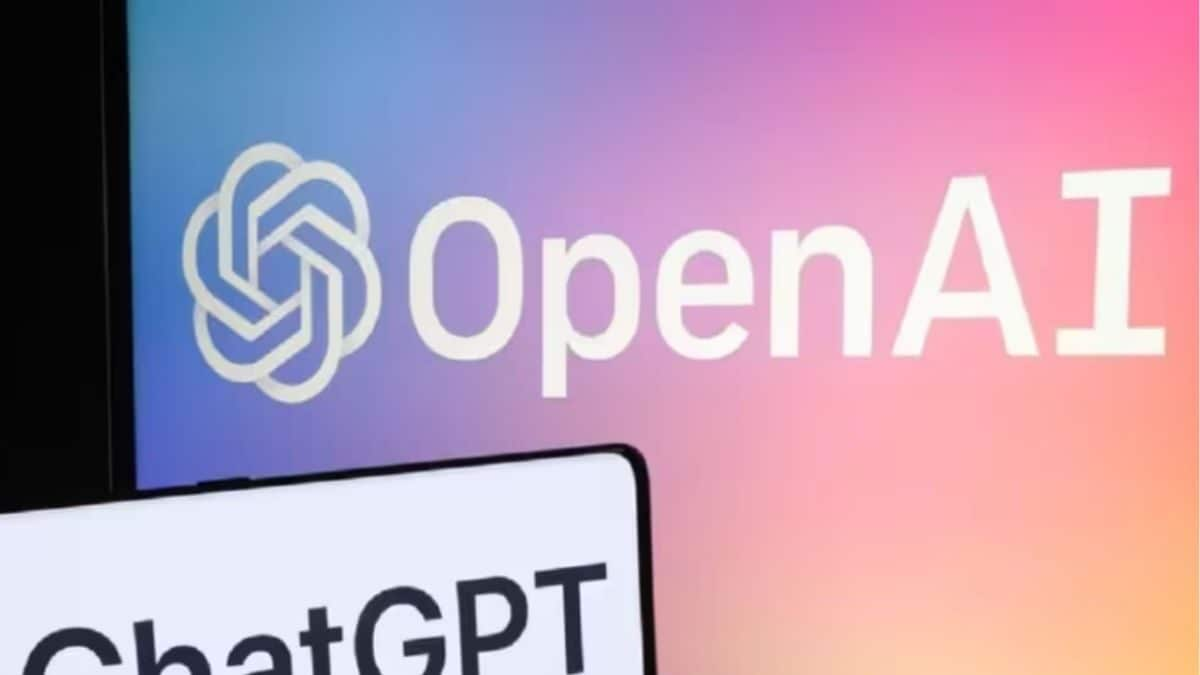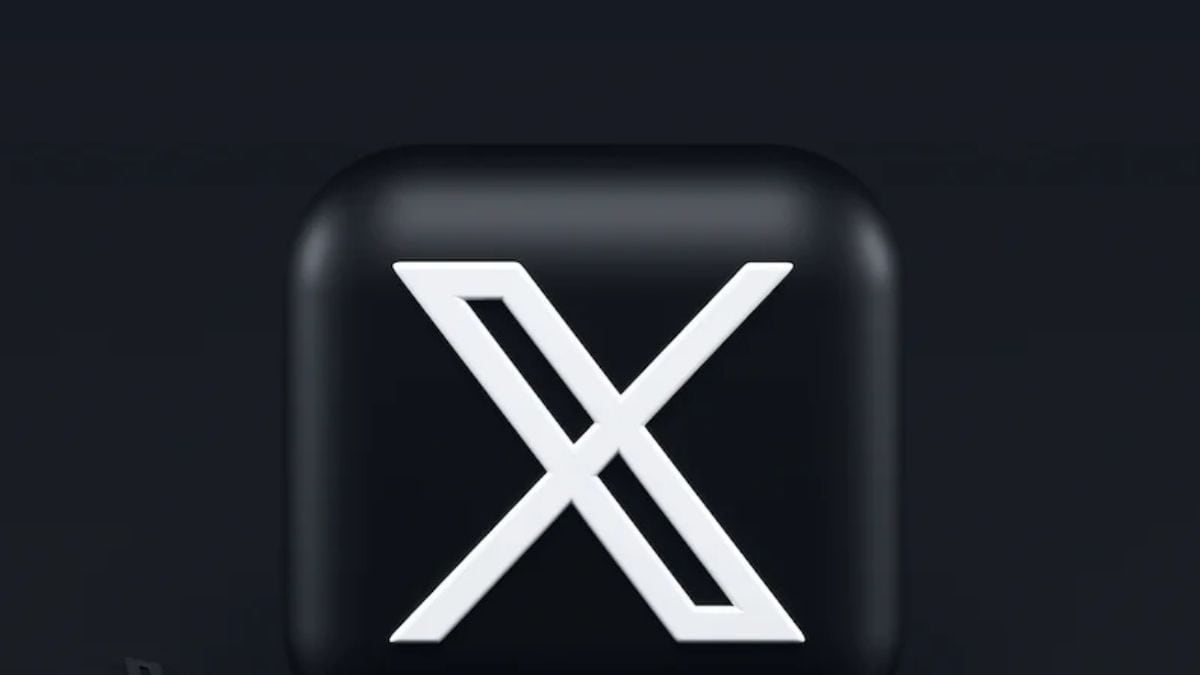Time and again, tech giants have said that AI training is fair copyright use.
OpenAI says that The New York Times “hacked” ChatGPT to obtain misleading evidence in support of its case.
About two months have passed since The New York Times filed a lawsuit against OpenAI, the creator of ChatGPT, and its supporter, Microsoft. The lawsuit alleges that OpenAI and Microsoft “copied” articles, reports, and other published content from The New York Times to train the Large Language Models (LLMs) that power the ChatGPT chatbot.
In a recent development in the legal proceedings, OpenAI is now seeking to dismiss certain parts of the lawsuit. First reported by Reuters, OpenAI contends that The New York Times “hacked” ChatGPT to obtain misleading evidence in support of its case. However, OpenAI has not provided information regarding the specific individual or entity responsible for the alleged hacking of ChatGPT.
“They were able to do so only by targeting and exploiting a bug by using deceptive prompts that blatantly violate OpenAI’s terms of use,” OpenAI said, asking to dismiss the case.
Furthermore, OpenAI added that The New York Times tricked ChatGPT by submitting “deceptive prompts that blatantly violate OpenAI’s terms of use.”
“The allegations in the Times’s complaint do not meet its famously rigorous journalistic standards,” OpenAI said. “The truth, which will come out in the course of this case, is that the Times paid someone to hack OpenAI’s products.”
The New York Times was quick to reply, with its attorney Ian Crosby saying, “What OpenAI bizarrely mischaracterizes as ‘hacking’ is simply using OpenAI’s products to look for evidence that they stole and reproduced The Times’s copyrighted work.”
For those uninitiated, the lawsuit against OpenAI isn’t just limited to The Times, but that OpenAI “engaged in wide-scale copying” from many media organizations, but the content from NYT was given “particular emphasis.”
Large technology companies in the artificial intelligence sector have repeatedly emphasised that AI systems utilise copyrighted material fairly, and that this lawsuit goes the potential growth of a multi-trillion-dollar industry. It is important to highlight that, at present, lawmakers have not provided clarification on whether AI training qualifies as fair use of copyrighted materials or not.




